Quality throughout production process
All Vitrolife products are subjected to a comprehensive quality control program designed for human embryos. Our customers must know that they can rely on our products and this is guaranteed through extensive testing and high lot-to-lot consistency.
Our manufacturing processes and thorough testing are well-documented.In fact, our quality control program has been a leading industry standard for 20 years and remains a cornerstone of our business.
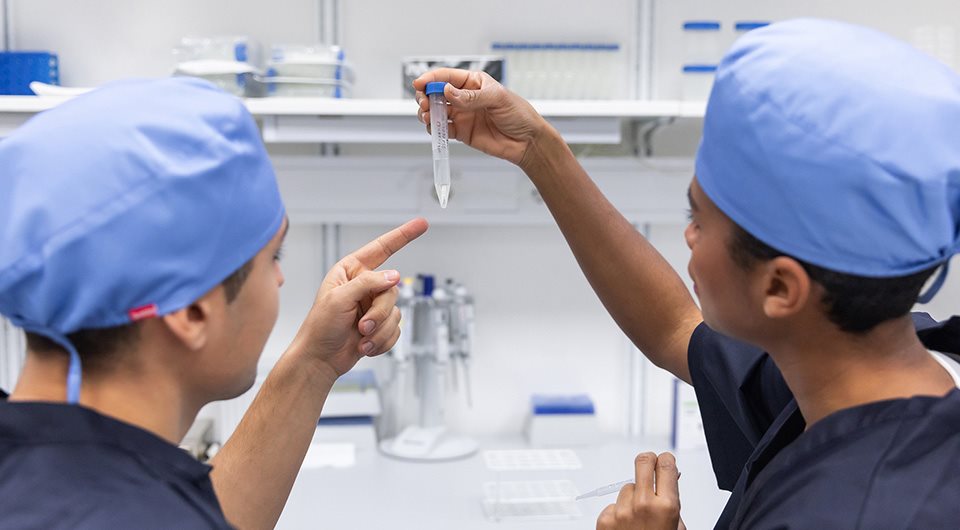
Continuous evaluation of raw material suppliers
We secure stable and reliable raw material deliveries by evaluating our suppliers several times a year. Besides quality we also review criteria such as delivery precision, expertise level and code of ethics.
Quality assurance before and after production, controlled productiob enviroment, validated methods and equipment, and final testing of all products. Our high lot-to-lot consistency is built on deep knowledge, careful control, high precision, and determination.
Extensive testing of raw material and final products
Choosing a reliable supplier is vital, but raw material lots can still vary over time. To eliminate variations, we always perform extensive testing on all raw material lots. Only material that has been approved by our QC team is released to production.
All our products are tested to guarantee they meet your demands for function, safety and efficiency.
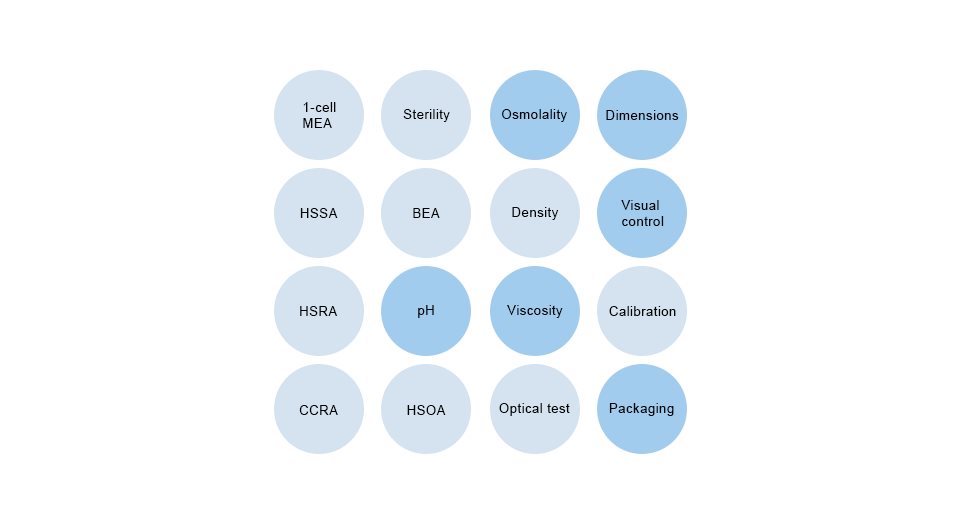
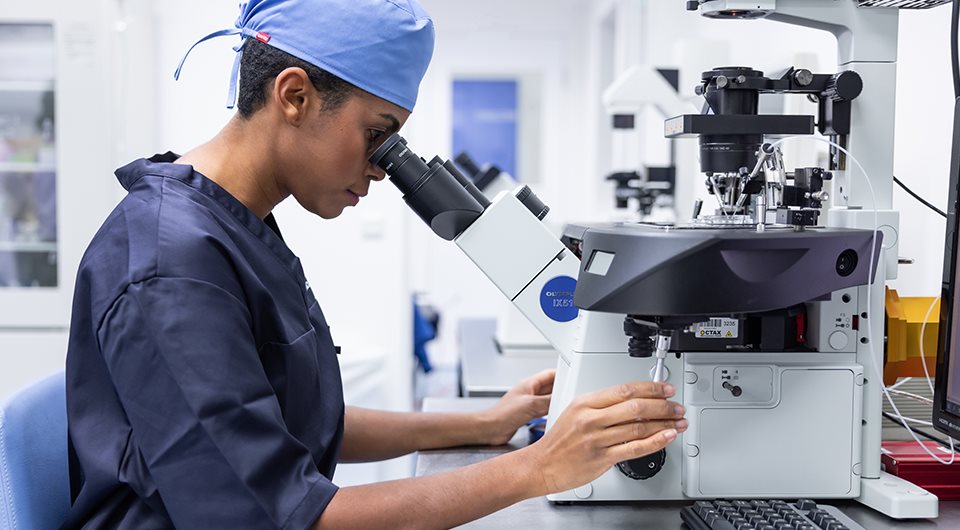
Why raw materials must be tested before manufacturing
Once we have the raw material in our hands, there is not so much we can do to improve the quality of the raw material. If a material is toxic when entering production, it can cause toxicity in the final product. It is therefore critical for us to find suppliers that also work according to high quality standards. Whether it is a plastic bottle or a critical component in our media.
We use plastics in our production and testing procedures, and we have historically found that 1 in 4 plastic ware fail testing. Findings like this resulted in the creation of Labware, where we can influence the production and traceability and shape it after our needs.
How often do materials fail?
| Plastics | 1 in 4 | 25% |
|---|---|---|
| Chemicals | 1 in 4 | 25% |
| Oil in raw material | 3 in 5 | 60% |
Vitrolife MEA1,2
Vitrolife Group MEA assessments exceeds both regulatory and industry standards
Regulatory bodies only state that a mouse embryo assay must be performed. There are no standards that determine how the assay should be performed. The FDA published a guideline in 2021 that provides some recommendations, including the industry recognized endpoint that ≥80% of culture embryos must reach the expanded blastocyst stage at 96 hours.Vitrolife performs additional assessments, which includes cell number that is statistically compared to the control. Cell number has been shown to be a more sensitive assessment than expanded blastocyst development at 96 hours. Vitrolife is the only supplier to perform this test for all finished product.
| Regulatory | • MEA is performed • 2021 FDA guideline ≥ 80% Exp. Blastocyst (at 96 hrs.) |
|---|---|
| Industry | • ≥ 80% Exp. Blastocyst (at 96 hrs.) |
| Vitrolife | • ≥ 60% Compaction at 47 hrs. (G-1) • ≥ 50% Blast development at 78 hrs. • ≥ 80% Exp Blast at 96 hrs. • Average total Cell Number comparable to control |
Industry leading 1-cell MEA
We utilise the MEA to screen all materials used in the manufacturing process as well as for testing finished products. The release criteria for the MEA exceed the standards provided by regulatory agencies and meet the standards expected by our customers. Our MEA is designed as a diagnostic tool and not simply a regulatory requirement for release.
Learn more about how we perform MEA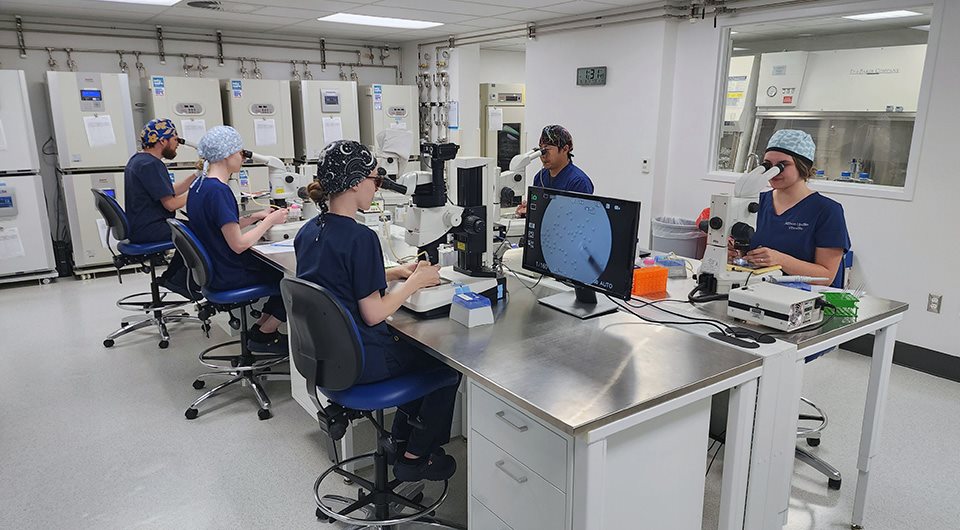
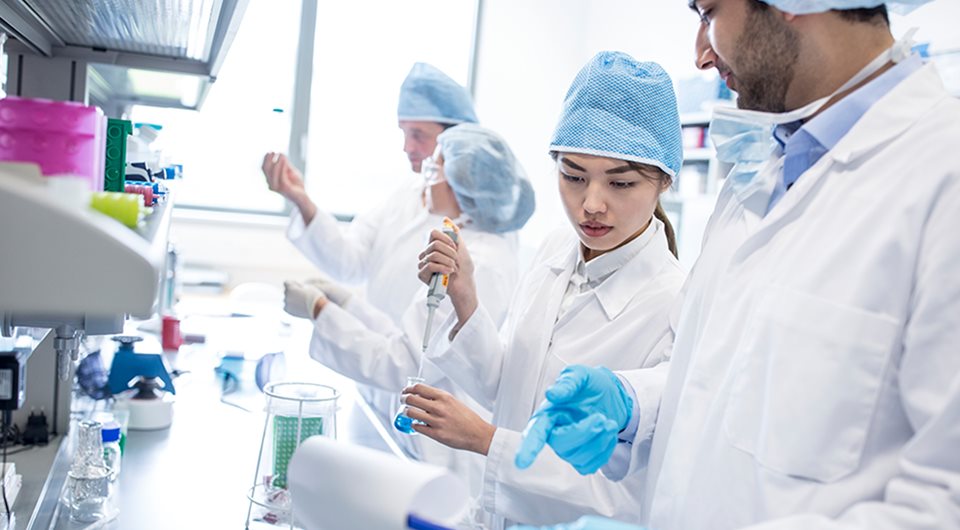
Highly controlled
manufacturing
Our manufacturing environment and processes meet the highest standards to ensure consistently high quality of the final product. Our quality system is regularly audited by external authorities from all over the world and we are ISO 14001:2015 and ISO 13485:2016 certified.
Quality is truly a cornerstone in our work and we are pleased welcome you on tour inside our manufacturing:
Watch production movie